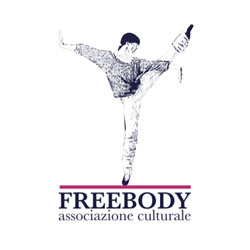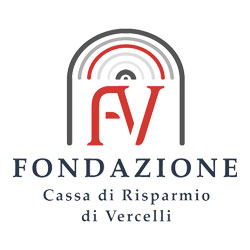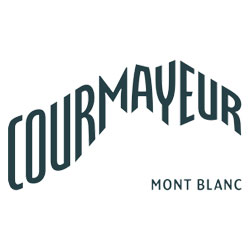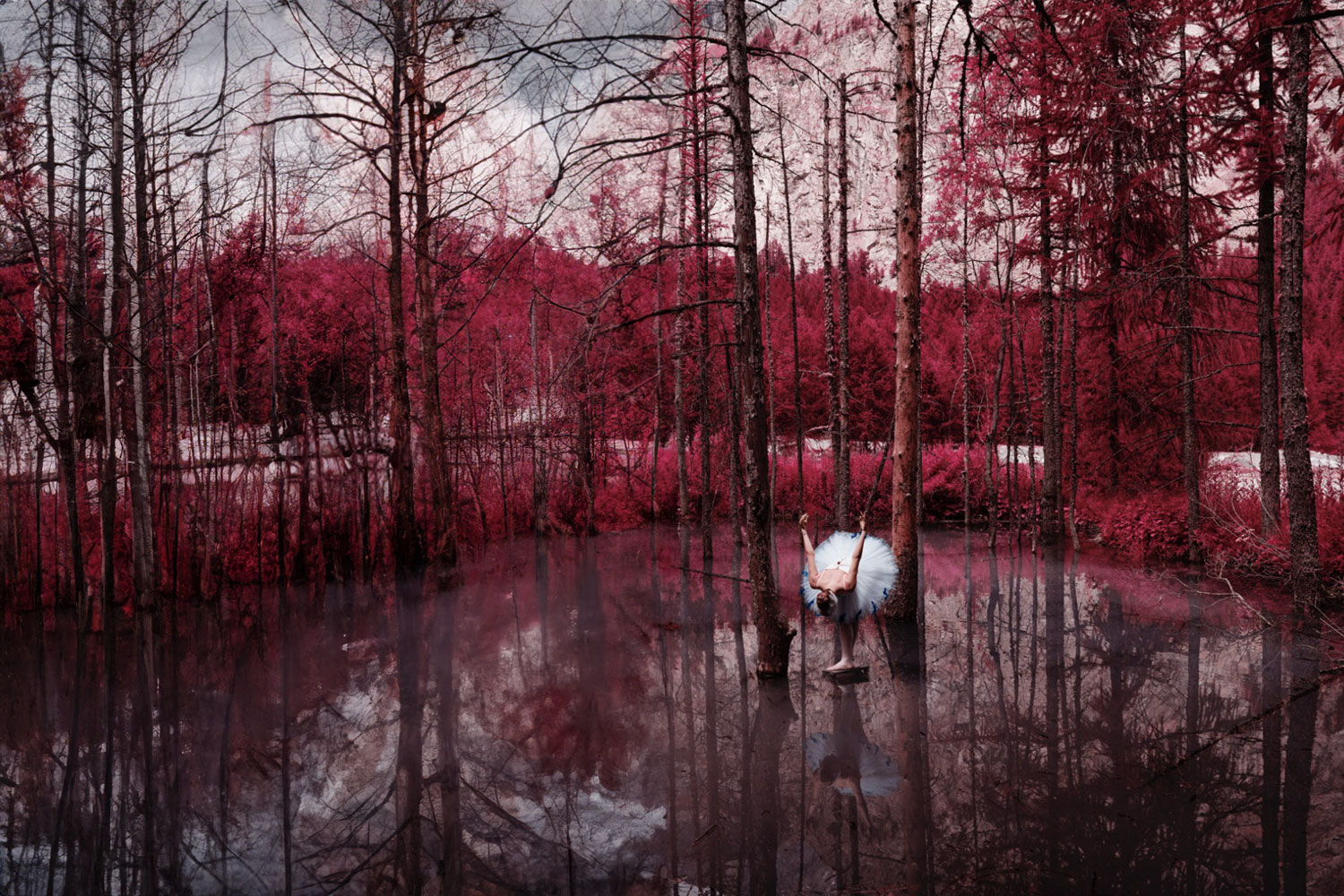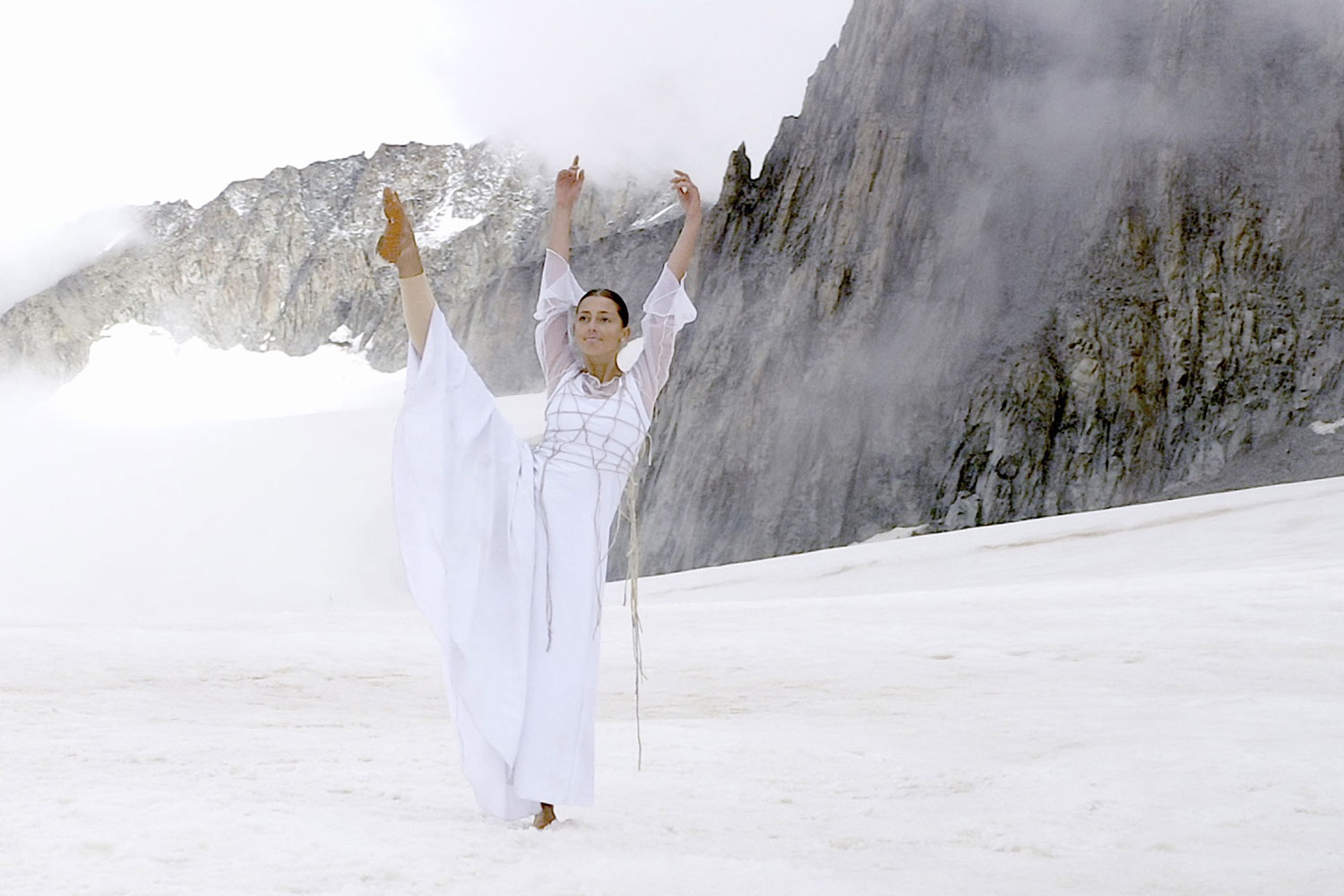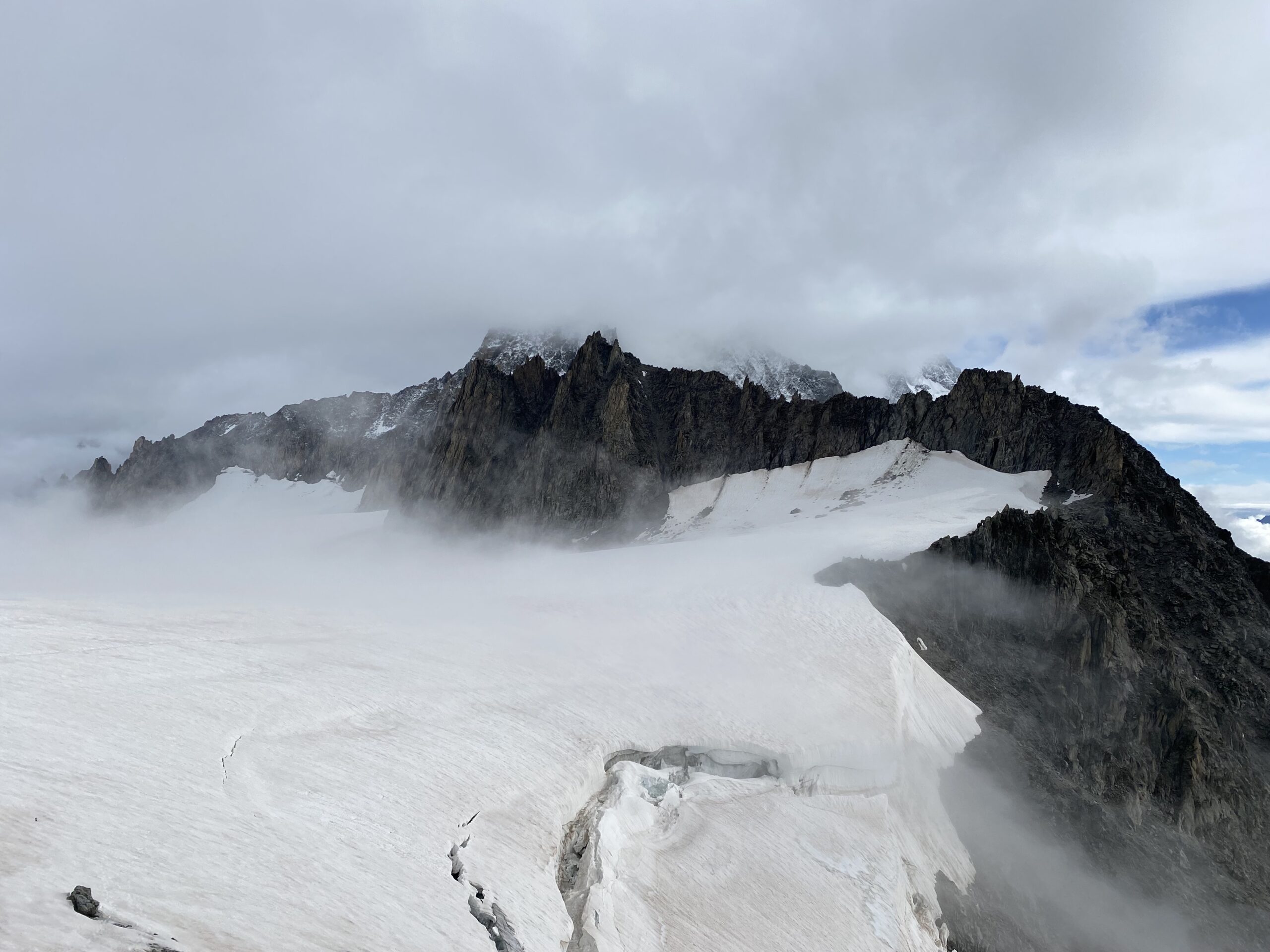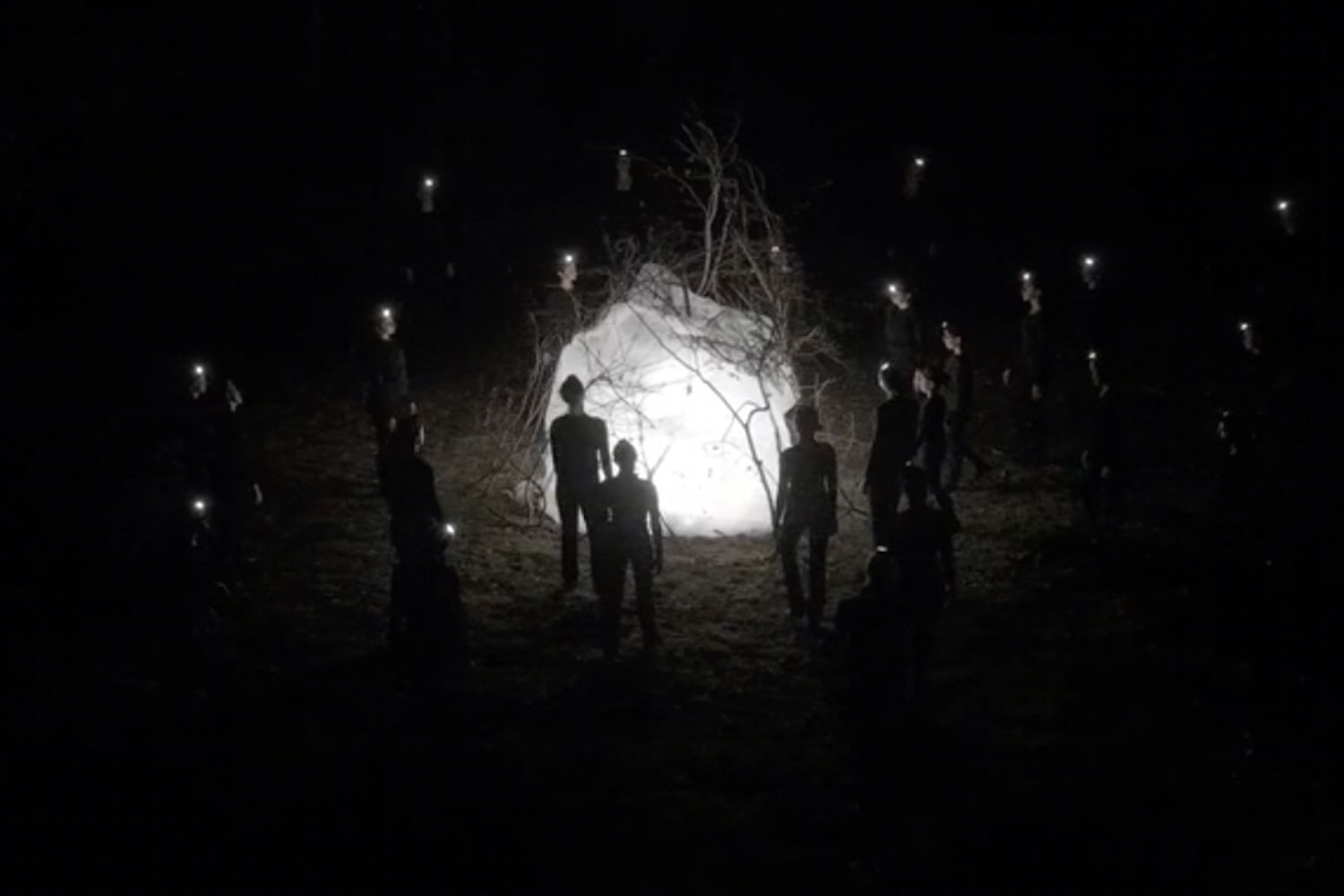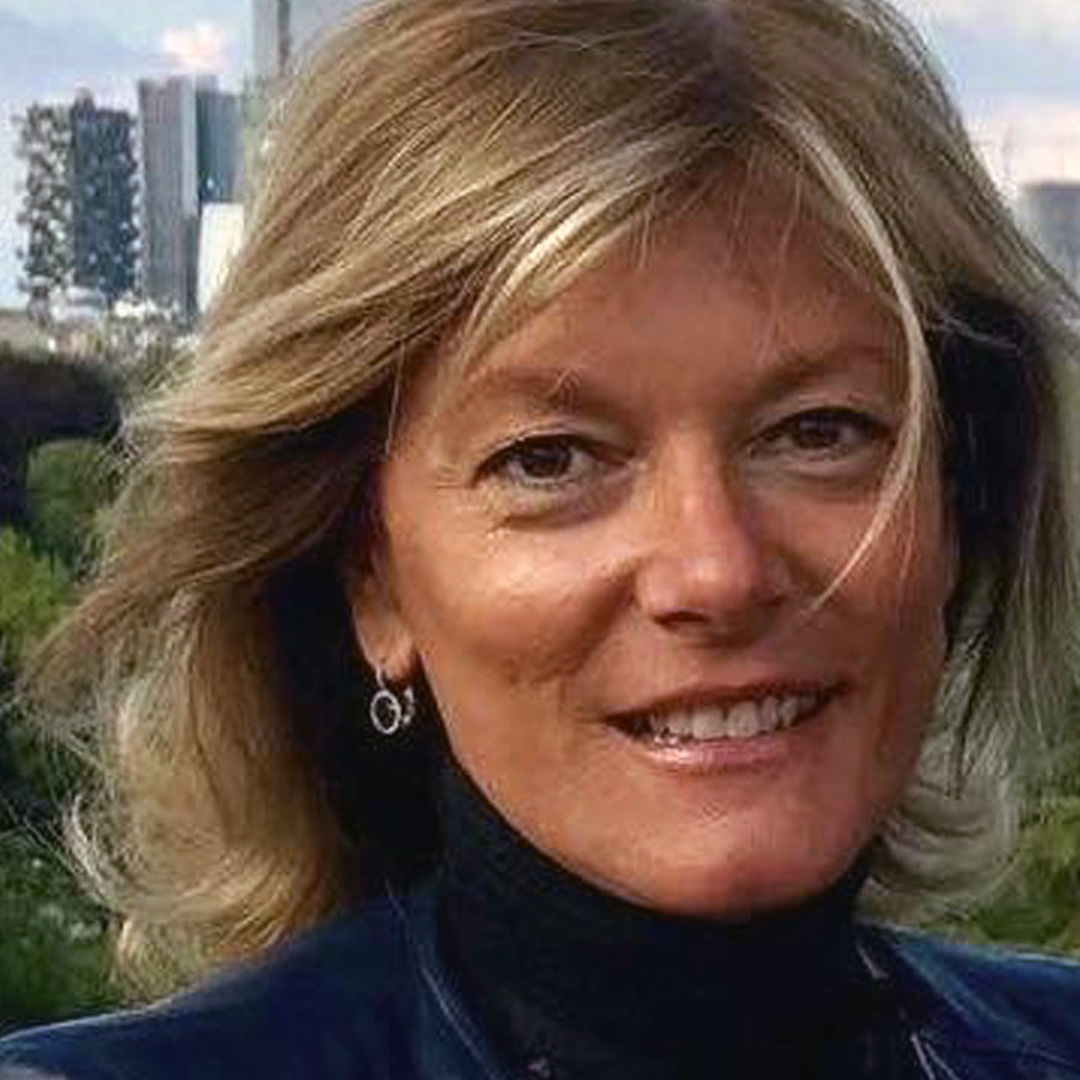A project where art and science come together to help reconnect humanity and our shared planet.
Pas de Deux
Dance for the Planet
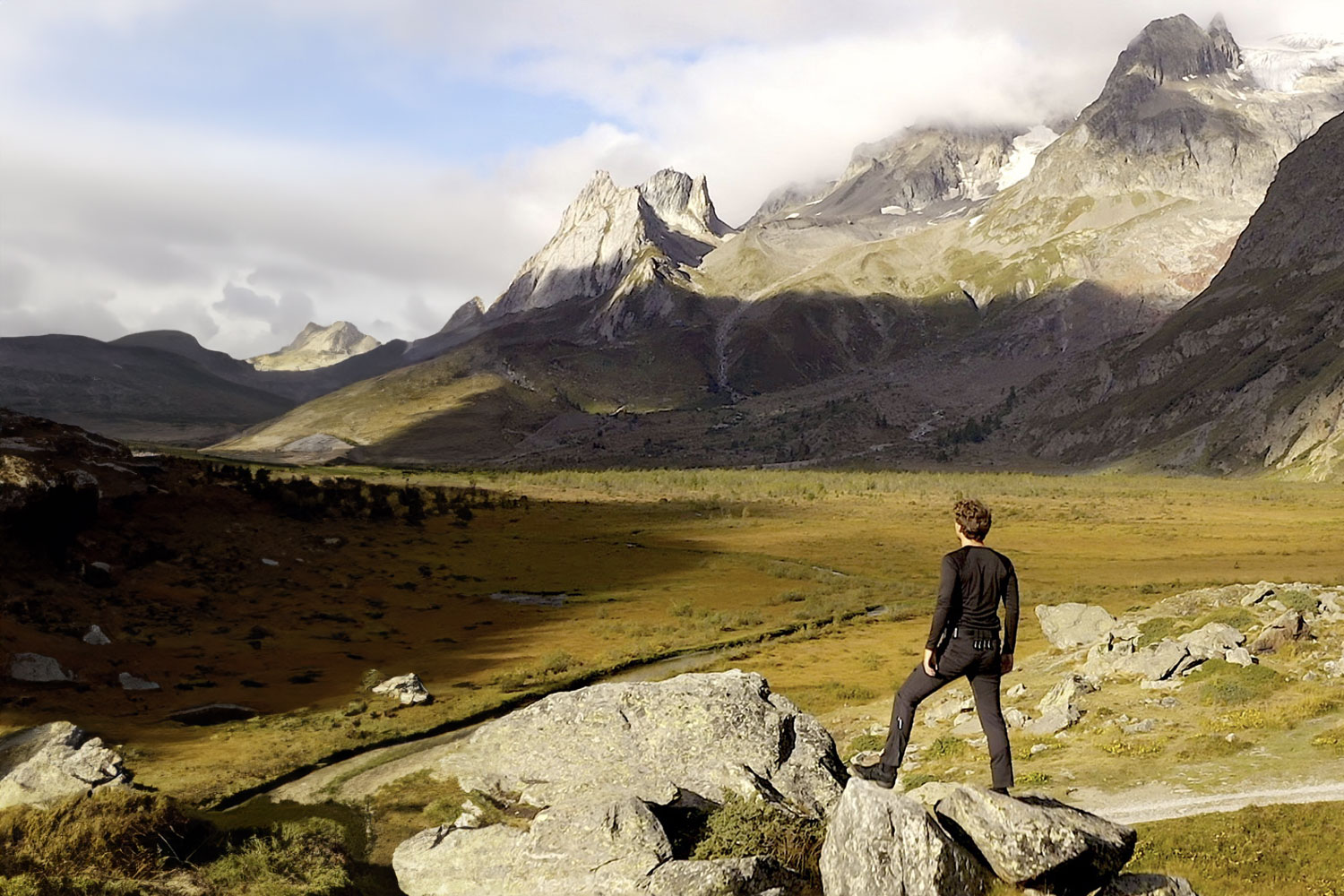
The Concept
Pas de deux - the centerpiece of classical ballet - inspires a new form of storytelling for the planet.
The Pas de deux (literally, step for two) features two performers. When they dance together, one is responsible to support the other both on the ground and in the air. Their arms move in unison, their movements are fluid, and their postures in perfect harmony.
In “Dance for the Planet” one of the dancers represents our suffering nature, the other represents humanity aware of the cry for help and starting to look for ways to reach out and restore harmony.
A spectacular tale for the planet
Balance, harmony, focus, knowledge.
The essential values that drive excellence through every form of artistic expression are equally essential in how we must join step with our planet.
Nature is the stage and dance is the medium to start a constructive dialogue amongst us to better feel and understand some of the most critical environmental challenges shared by the whole of humanity.
“Dance for the Planet” connects emotions and expert knowledge in a performance where art, culture and information come together to touch hearts and minds.
Performance & Education
Dance for the Planet is exploring four themes at the heart of climate change: glaciers, dark skies, water and forests.
Each theme is developed through film, original music and choreographies, live performances and expert conversations, all brought together in live shows across Italy and abroad.
Video
A series of videos of original dance performances and music produced in the very environment of nature’s suffering. Nature is much more than a mere stage, it determines how the dancers interact with the space.
Dance
Live performances in a theater or public space to complement the video presentation.
Conversation
A dialogue with experts from science, technology, business and culture to explore a theme through its challenges, but more importantly its opportunities and what is being done to find possible solutions.
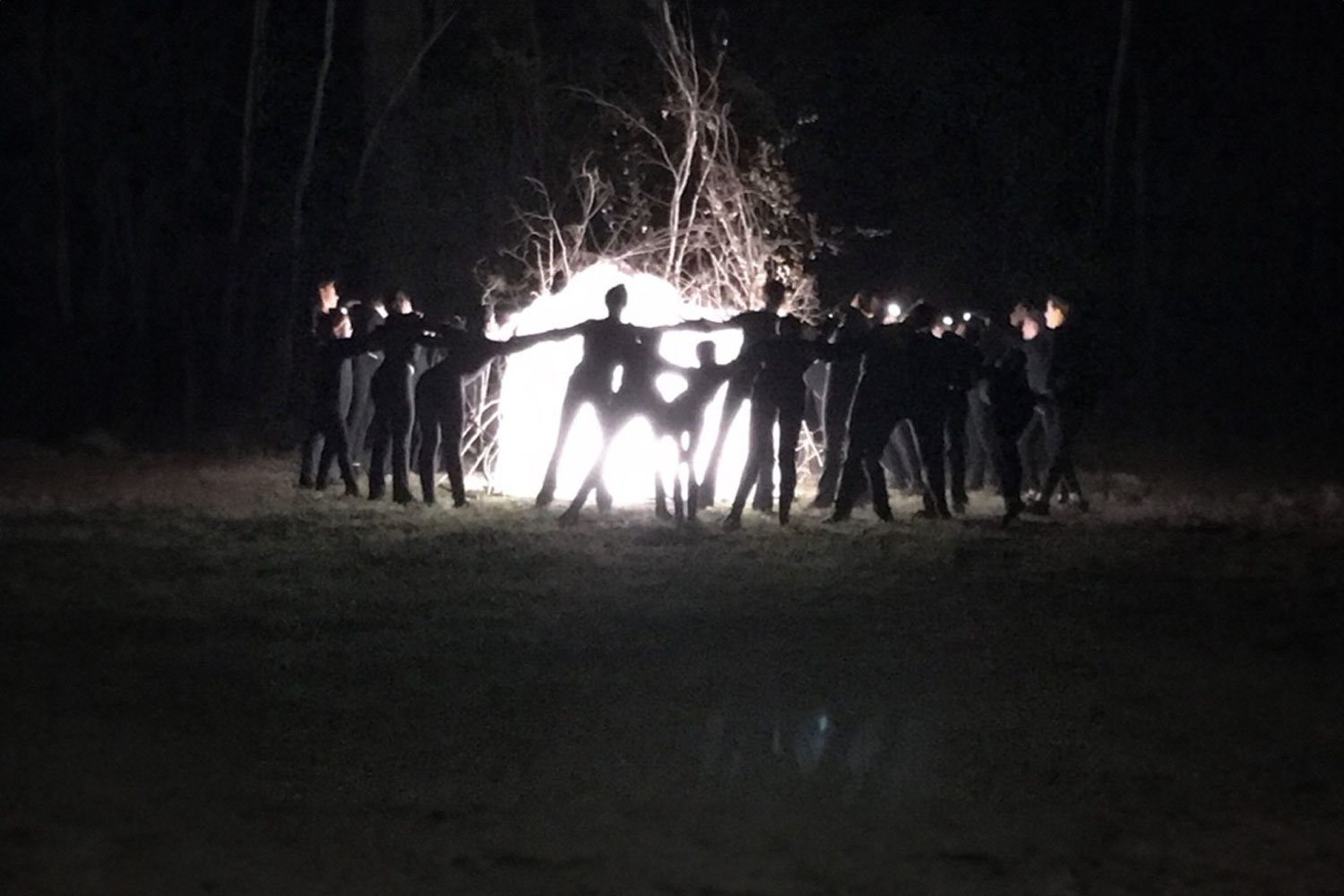
The glaciers of the Aosta Valley and Piedmont regions in Italy, stretching from Mont Blanc to the Monte Rosa are the stage for an unprecedented “pas de deux” to bring a message of harmony and beauty precisely to these fragile environments that we are quickly losing. A slow and respectful dance, a movement that is both an eulogy and a heartbreaking request for help.
Glaciers
Pas de deux: Dance for a fragile mountain
The glaciers of the Italian Alps are the stage for an artistic expression that speaks of the need to rebuild a lost relationship between humanity and nature. Dancers, composers and musicians have collaborated to bring to live an original score of sound and movement, taking into account both the possibilities that the high-mountain environment offers as well as the limits that it teach us to learn and respect. The music is inspired by the sounds of nature, and the choreography is designed to fit the natural scenery.
Credits
- Art Direction: Daniela Tricerri
- Director: Matteo Bellizzi
- Dancers: Veronica Piccolo, corps de ballet dancer at Avignon Opera Theatre, Avignon, Lorenzo Belviso performer with Rancia Company.
- Choreography: Loredana Avagliano and Oliviero Bifulco
- Costumes: Huguette Viotto
- Music: Piero Salvatori
“The environment is not just a stage, it is a way to reconnect humanity and nature.“
Federica Busa, Daniela Tricerri
Dark Sky
Pas de deux: Dance for a fragile sky
Our deep, dark and starry skies are at risk. We are rapidly losing the experience of the night. Artificial light is replacing the natural light of stars and galaxies have provided night views of immense beauty while also guiding humanity through their journeys across deserts, seas and faraway lands.
The Pas de deux between light and darkness takes place in two natural theatres that underscore the importance of the night sky for humanity.
The first is the Bosco delle Sorti della Partecipanza, in Trino Vercellese, one of the largest remaining forest in the Northern planes of Italy, which highlights the importance of darkness for the lifecycle of all living species. The forest has survived anthropomorphic pressure thanks to strict tree management rules in place since 1275, when the area was given as shared ownership (the “participation”) to the citizens of Trino.
The second is the Astronomical Observatory of the Aosta Valley, to highlight that we dark skys are also essential to the study of galaxies, of the universe as well as our own natural history.
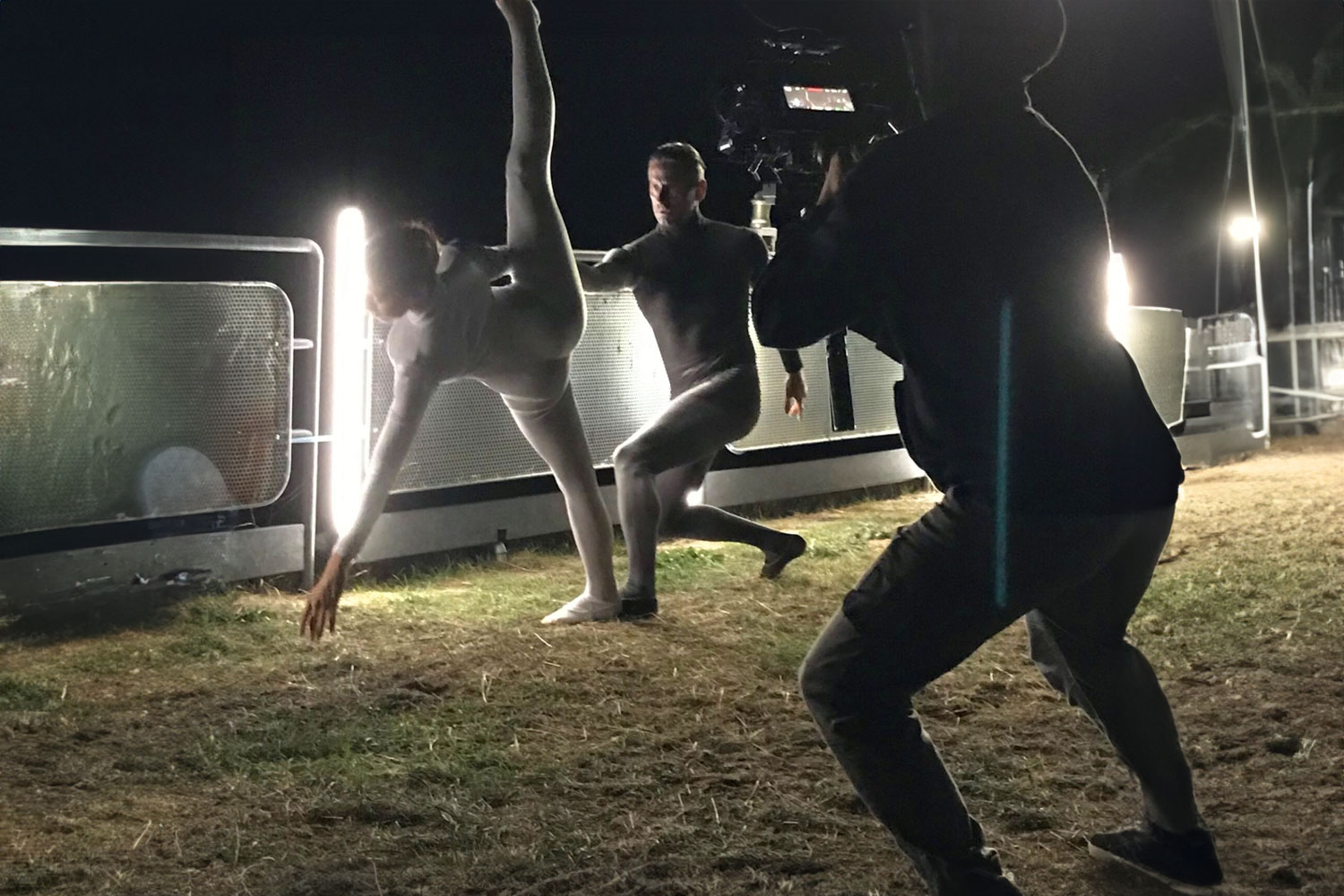
Credits
- Art Direction: Daniela Tricerri
- Director: Matteo Bellizzi
- Dancers: Mick Zeni, principal dancer Teatro alla Scala, Milan; Giulia Schembri corps de ballet dancer, Teatro alla Scala, Milan.
- Choreography: Mick Zeni
- Choregraphic mouvement: Oliviero Bifulco
- Music: Piero Salvatori
Themes and Experts
Exploring the theme with experts from different domains
The artistic narrative is complemented with the participation of academics, entrepreneurs, writers, scientists, experts and artists who also meet on the stage, between performances, to talk about the future prospects of the different themes.
Glaciers
A conversation where scientists, mountaineers, alpine entrepreneurs and artists explore the transformations that we will see not only in mountain communities but much beyond, as glaciers are part of a much larger global system that regulates water and temperature across our planet.
Dark Sky
A conversation with astronomers, high-tech innovators, environmental experts, energy entrepreneurs to learn more about the threat of light pollution to life on earth, to debunk assumption about the need of strong lights during the night and to learn what can be easily done with new energy technologies.
Upcoming events
- Sunday 25 June, Teatro Civico, Vercelli
- Saturday 1 July, Jardin de l’Ange, Courmayeur
The films will be broadcast for the first time on television on the RAI networks in July 2023.
The Journey
October 2020
Expo 2020 Dubai
Presented during the week on "Climate and Biodiversity" in the Italy, UK and sustainability pavilions, at the conclusion of a series of thematic dialogues with world experts.
September 2021
Club Alpino Italiano
Agreement to include the films in the prestigious Cinematography catalog of the CAI Cineteca.
June 2022
Stati Generali - Lavoro
Presentation of the project to the "Stati Generali Mondo del Lavoro" at Palazzo Bonaparte in Rome on the theme of opportunities for the art world.
October 2022
Sondrio Film Festival
The two films are presented at the 36th edition of the Sondrio Film Festival, an international exhibition of documentaries on parks.
April 2023
Università Tor Vergata
Seminar at the University of Tor Vergata at the University Master's Degree: "When art becomes an ambassador of the right to beauty"
Sostenitori del progetto
